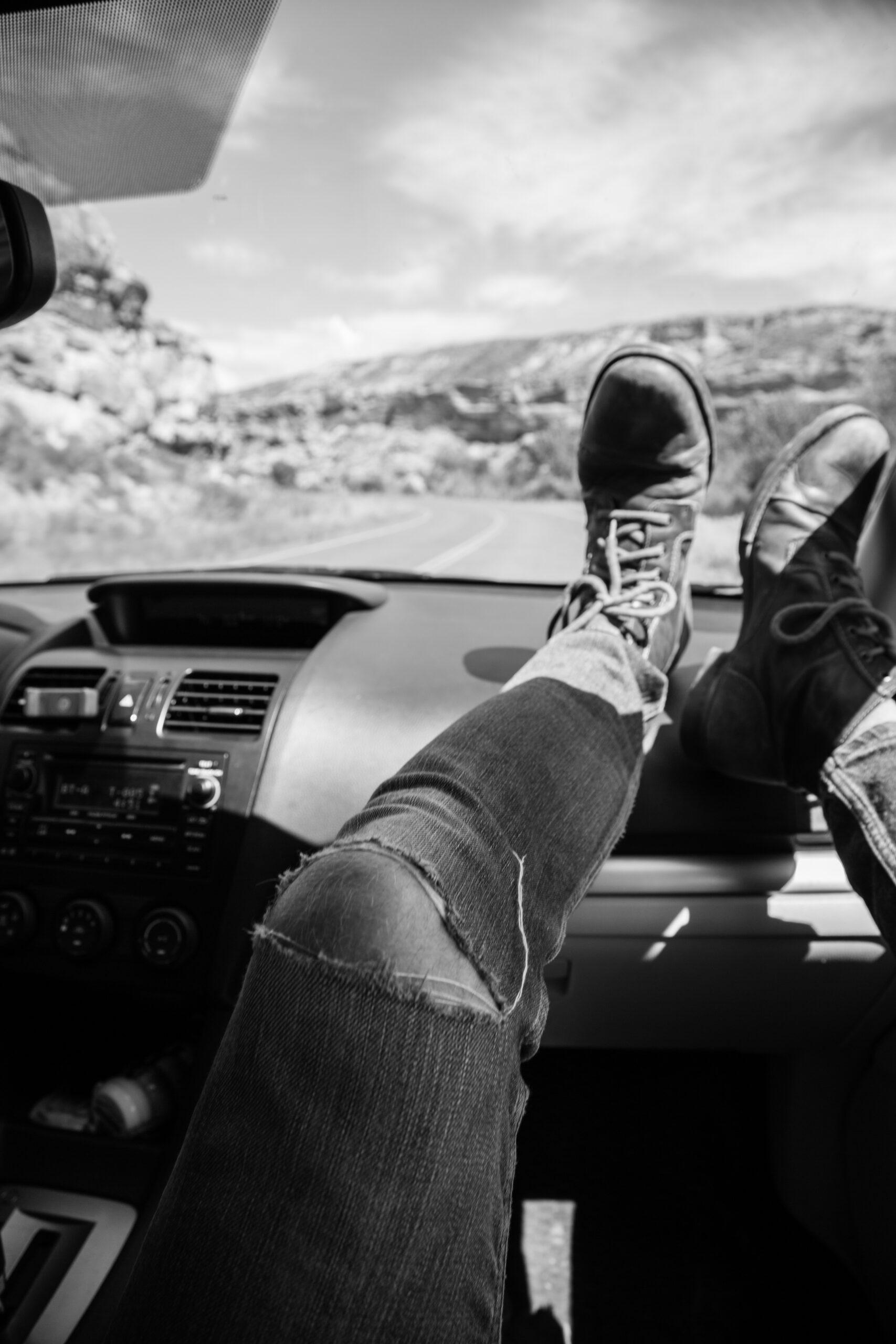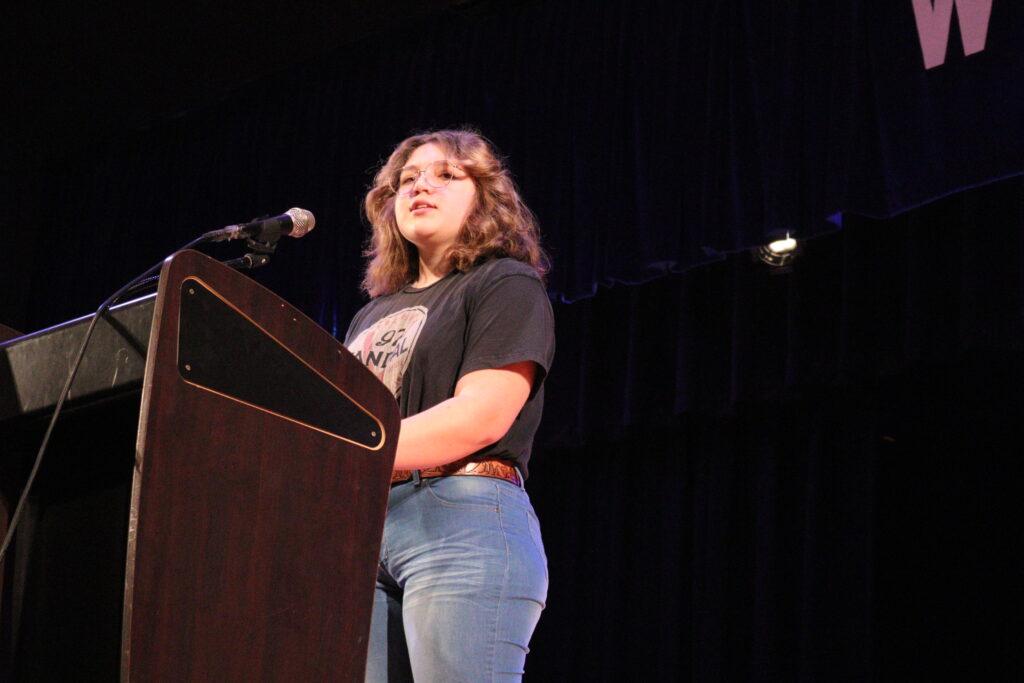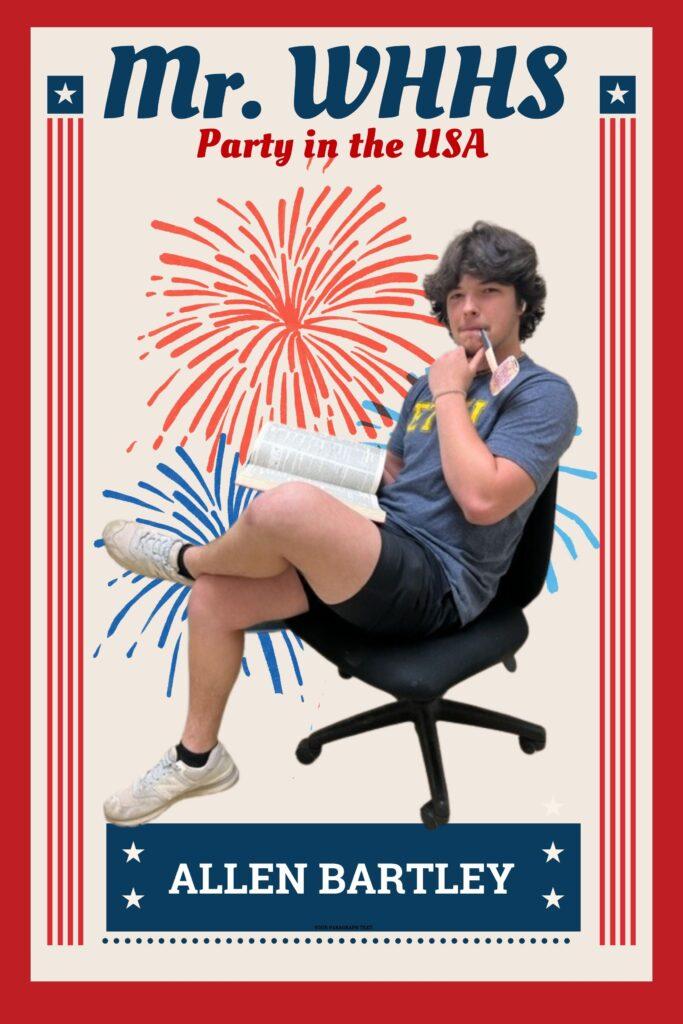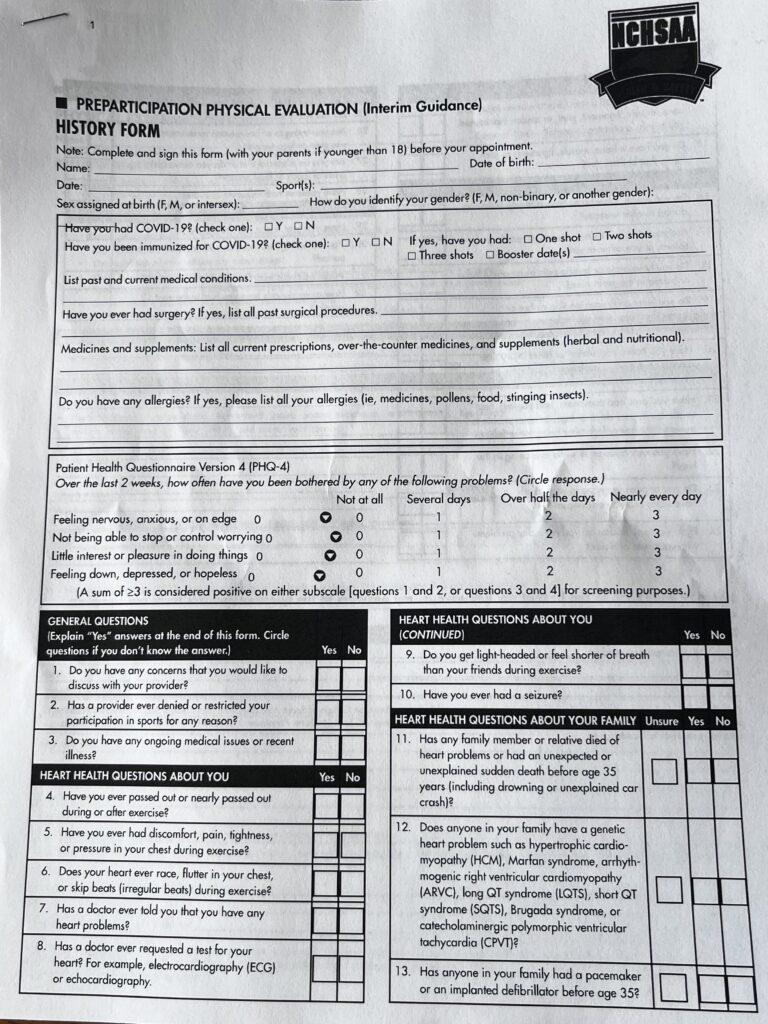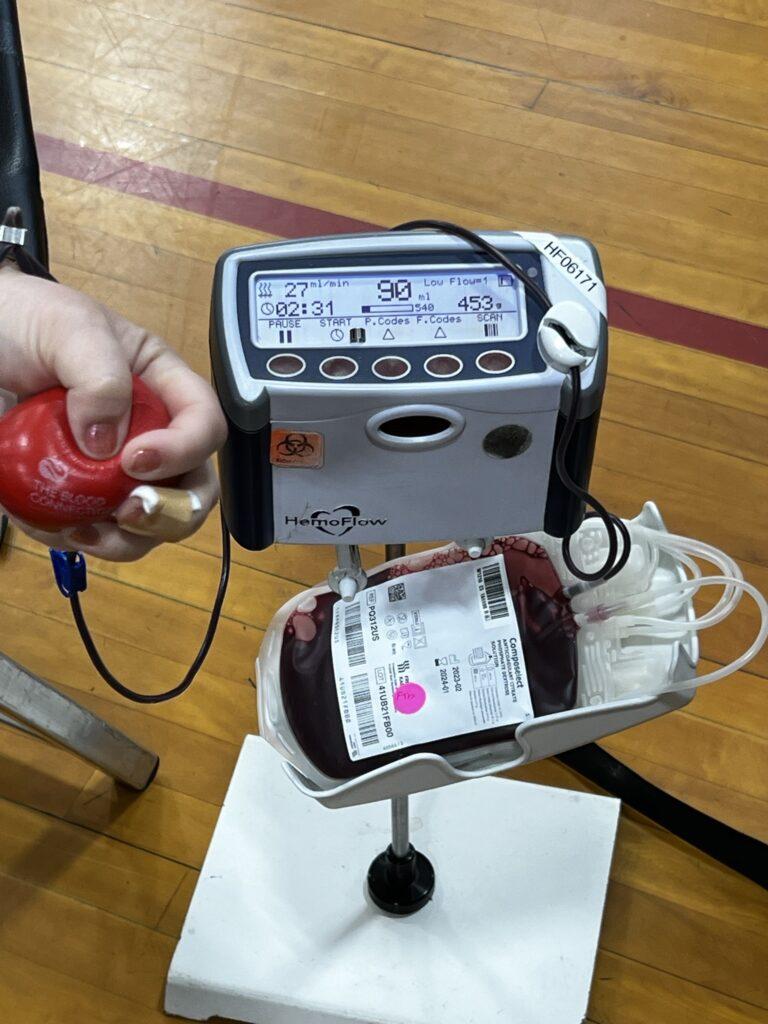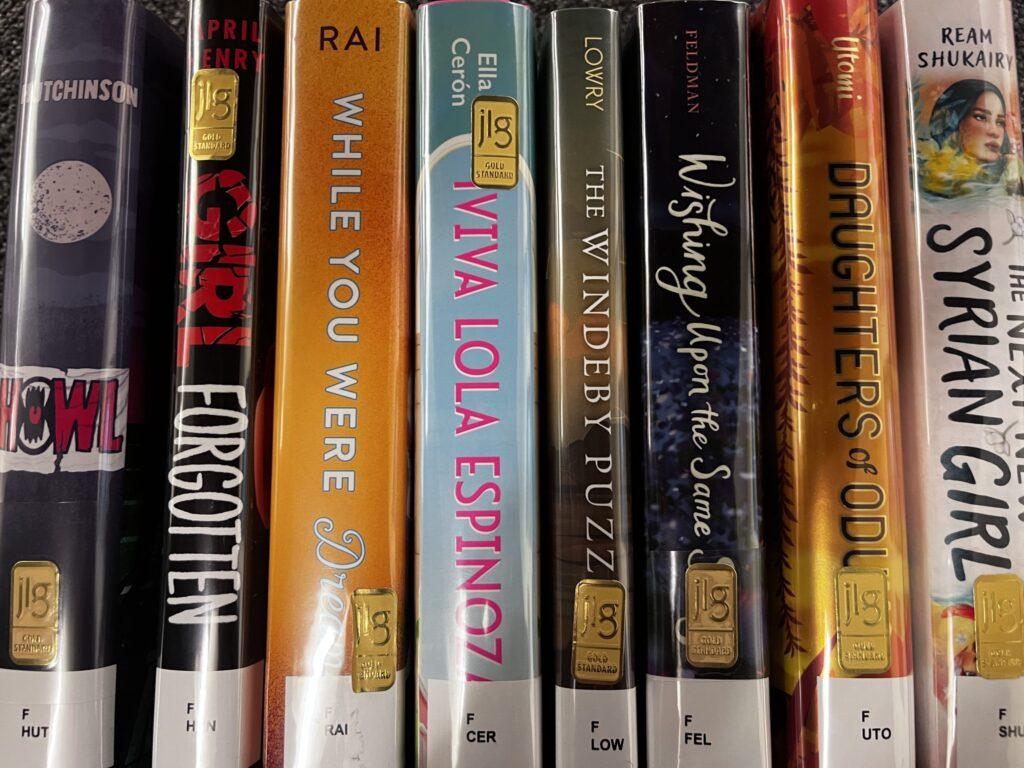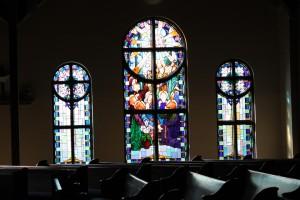 The Bible felt heavy in his hands as sophomore Hunter Davis read aloud the day’s scripture lesson. As he mouthed the words, he began questioning the validity of what was before him. It was in this moment, at St. Anne’s Catholic School in West Palm Beach, Fla. that the teenager took a big step away from religion.
The Bible felt heavy in his hands as sophomore Hunter Davis read aloud the day’s scripture lesson. As he mouthed the words, he began questioning the validity of what was before him. It was in this moment, at St. Anne’s Catholic School in West Palm Beach, Fla. that the teenager took a big step away from religion.
“I went to a Catholic school for two years. I read the Bible, and I remember thinking that it just wasn’t something that convinced me that there is a god,” Davis said. “It was incredibly strict. There is everything that has to be done, or you won’t go to heaven. If I didn’t follow those rules, I wasn’t going to be accepted. I decided if I wasn’t going to be accepted, I might as well be an atheist.”
Though only 3 percent of Americans identify themselves as atheists, a recent poll showed that Davis isn’t alone in his doubts. According to a 2013 Pew Research Center study, one fifth of U.S. citizens are now religiously unaffiliated.
“People have turned away from religion because they are starting to see the negativity of it,” Jennifer Lovejoy, founder and president of WNC Humanists, said. “I honestly think more and more it has to do with the fact that there are more things in science that can explain things. People don’t need to believe in the magical or the imaginary to make sense of the world that they live in. They can find that in science.”Of the 46 million Americans who self-identified as “nones” when describing their religious affiliation, an overwhelming percentage said they were dissatisfied with religious organizations because they are “too concerned with money and power, too focused on rules and too involved in politics.”
“Most people think if you are a Christian, you hate gays or you are conservative. This is completely false, but that is just what people think about. They think about people who are religious or Christian as very uptight, but that is just what they have been told. They don’t actually know what they are like or what they really think. It’s because of politics,” senior Maddy Reed said. “Politics give religion a bad connotation. Just because you are conservative, doesn’t mean you are Christian. You are Christian because of your beliefs. The two don’t actually link together. Maybe the conservative ideals go along with Christianity, but there shouldn’t be any sort of connection.”
In another study conducted by the Pew Research Center in 2012, slightly more than half of the public reported that churches should stay out of politics. Some, such as Lovejoy, feel uneasy when Christianity is mixed with government.
“I think religion is way too involved in politics. Our country was founded upon the idea that there is a separation of church and state. America was founded in an attempt to escape religious persecution,” she said. “There shouldn’t be prayer in school and religion has no place in the court rooms. We need that separation. No religion should have influence over our government.”
But 30 percent of Americans believe there has been too little expression of religious faith and prayer from political leaders. Even Davis believes religion isn’t overly involved in politics.
“Christians believe in the same things as atheists when it comes to government. Buddhists, Jews, Muslims — we all want the same things,” Davis said.
Politics may not be the only reason for “loss of religion.”
The increase in the number of “nones” is complex, according to the Rev. Kemuel Pruitt, pastor at French Broad Baptist Church.
“There are a few things going on. Some would say that it is a growing secularization of society — that religion is becoming less important as a society grows and develops,” he said. “Sometimes religion takes on less significance. As society becomes more wealthy and more educated, that can be a trend. There are a lot of influences.”
Statistics regarding religious affiliation in America may also be misleading. According to a new survey conducted jointly by the Pew Research Center’s Forum on Religion & Public Life and the PBS television program Religion & Ethics NewsWeekly, of the 46 million “nones,” 68 percent actually believe in God.
“It may be in part and not dissimilar to people identifying themselves as independents politically. A lot of younger people are having a harder time with brand labels,” Pruitt said. “For many years there have been lots of people who were loosely affiliated with a particular brand of religion. Sometimes that puts you in a box. When you say, ‘I am a Baptist,’ people identify certain things they have heard or think about Baptists in general. Rather than be put into a box, people are losing the labels.”
By Lauren Stepp


